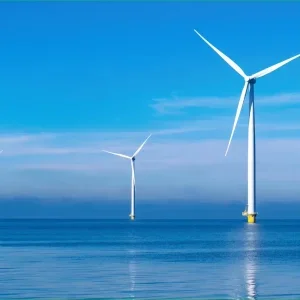Ljubica Simic, Technical Sales Manager for Grace Refining Technologies, will provide an overview on how refineries can increase the profitability of their Fluid Catalytic Cracking (FCC) operation by maximizing the production of propylene.
Market challenges:
The growing market demand for refined petroleum products in an increasingly competitive environment, while conforming to increased environmental regulation, is putting pressure on European refiners. Companies are actively seeking alternatives to sustain their profitability and maintain or improve their competitive position. It is evident that many refineries are choosing an integrated approach to meet this challenge by turning to downstream integration with petrochemicals. In addition, the continued growth of emerging markets has helped to maintain a healthy demand for propylene, and recent global price increases indicate strong margins for propylene production in the future.
FCC role in the refinery:
The fluid catalytic cracking (FCC) unit is the main contributor to the refinery’s production of gasoline and light olefins, especially propylene. The FCC unit operates at high severity against velocity, air, and gas constraints. When developed, and tuned accordingly, the FCC catalyst plays a significant role in boosting performance, specifically when it comes to yields and profitability.
Mrs. Simic will show how Grace has supported the KMG International refinery in achieving the operating objectives of their FCC unit. This effort included close unit monitoring of the refinery operation, in conjunction with pilot plant testing of equilibrium catalyst, both of which were important for the quantification and verification of actual FCC performance. Grace’s early catalyst evaluations in our pilot plant were paramount to the project’s success. Specific focus will be given on how to proactively design a strategy that addresses the market demands and allows companies to realise the full value of their FCC units. Since each refinery has a different configuration and processes different types of crude oil, the plan should include predictions of how much gasoline and diesel the refinery produces and how catalyst reformulation and optimization can be used to meet long term goals.
Attendees of ERTC and the co-located Global Petrochemicals Summit (GPS) will also get the chance to participate in two key presentations in which Grace, along with other companies, will share how FCC catalysts played an essential role in profitability.
Grace prides itself in offering products and services that deliver value through improved operations and increased profits. Ljubica Simic’s talk at GPS is scheduled for Tuesday, 14th November 2017.
*a subsidiary of W. R. Grace & Co.






